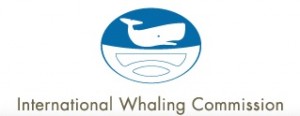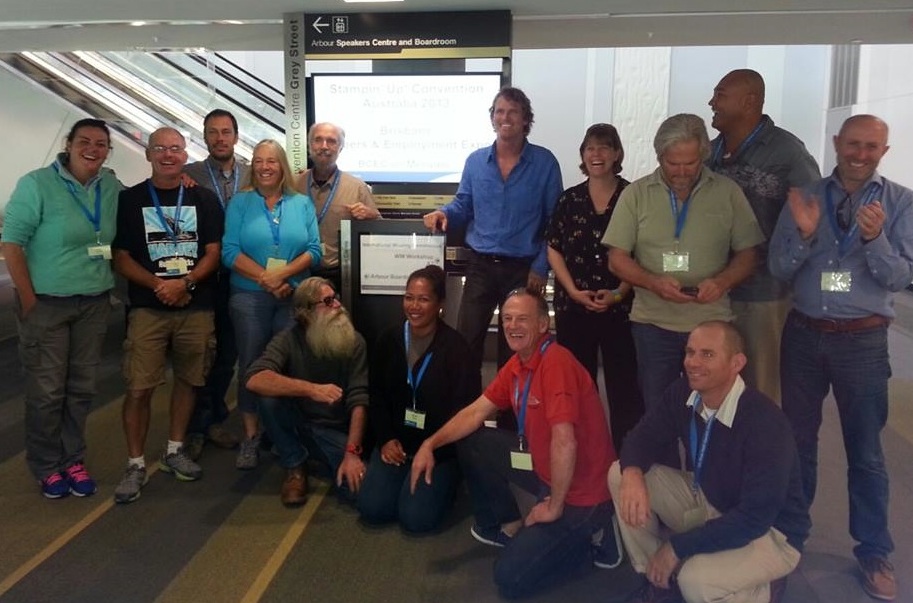- Welcome to Conscious Breath Adventures
The International Whaling Commission Takes Interest In Whale Watching - Swim with whales, Silver Bank Dominican Republic | Conscious Breath Adventures
- Home
- Humpback Whales
- The International Whaling Commission Takes Interest In Whale Watching
 The International Whaling Commission (IWC), is the organization that deals with the management of whales around the world, best known for their worldwide ban on commercial whaling. Because of this ban, many people think of the IWC as a conservation organization, but in fact the IWC was originally, and still is, a commercial fishery organization whose main objective is the commercial utilization of their primary resource, in this case cetaceans.
The International Whaling Commission (IWC), is the organization that deals with the management of whales around the world, best known for their worldwide ban on commercial whaling. Because of this ban, many people think of the IWC as a conservation organization, but in fact the IWC was originally, and still is, a commercial fishery organization whose main objective is the commercial utilization of their primary resource, in this case cetaceans.
The IWC became a defacto conservation organization when the over-exploitation of whales and dolphins drove many species to the brink of extinction, threatening the very resource the IWC oversees. In 1982 the IWC banned commercial whaling to allow species to recover to the point that commercial harvest can resume in a better-managed way. That moratorium and recovery are still underway today.
However, during the intervening decades much in the world and her oceans has changed. Globally, every ocean and sea is at greater risk than ever before from a wide range of threats including waste disposal, persistent toxic chemical contamination, and ocean acidification, to name but a few. As awareness of these issues and understanding of the complex nature of whales and dolphins has grown, so has the deep-seated conviction that, regardless of numbers and management strategies, there is no longer a justifiable reason to resume the harvest of any cetaceans.

practiced for centuries, whale watching first got its start in the 1970s on the waters of New England and since its humble beginnings is now a global industry that has helped tens of millions of people to make a connection with live cetaceans around the world.
Whale watching is widely touted as a sustainable commercial use of cetaceans, and with estimated earnings of more than two billion of dollars in 2012, it has formally caught the attention of the IWC, whose interest is in any and all commercial use of the resource, lethal or non-lethal. The IWC has established a Standing Working Group on Whale Watching; created a Five Year Strategic Plan; and recently hosted a Whale Watch Operator’s Workshop on the subject.

Subjects of discussion on the agenda focused on five areas of interest:
1) Onboard science
2) Assessment & monitoring
3) Capacity building
4) Developing and/or enhancing responsible whale watch operations
5) Management aspects
Several themes were prevalent at the meeting. First was an acknowledgement that with so many different species watched by so many in very diverse locations, it is impractical to try to impose uniform practices or protocols everywhere. The consensus is that regional issues require regional solutions. So, for example, whale watch guidelines for Massachusetts’ Stellwagen Bank may not be appropriate for whale watch operations in Iceland, or on the Dominican Republic’s Silver Bank.
Another matter is the recognition among most operators that there is a need and a benefit to creating and maintaining some sort of international association or organization of whale watch operators to address common global issues and work with agencies such as the IWC. Both of these points are in direct alignment with the core philosophies of the Responsible Whale Watch Operator’s Partnership and our members look forward to being involved in this future association.
On the first subject of onboard science, there is an almost universal agreement that responsible whale watch operators have a unique platform to support and contribute to cetacean research; and that valuable contributions can be made even in the context of an ecotourism activity. There is also recognition that operators and the general public need more direct access to the findings that come from the research they support.
Regarding assessment and monitoring, the objective is to develop appropriate monitoring programs to detect potential significantly adverse impacts on individual cetaceans and populations. Questions discussed included how to increase the use of whale watch operators in this research; if operators should be included in this research; and how to improve access to the resultant data.
The third item on the agenda was the issue of capacity building, which means recognizing and supporting opportunities to develop responsible whale watching as an industry. This is an interesting subject, as whale watching is one of the fastest growing segments of the travel and tourism industry. The IWC is interested in learning how to identify new locations where whale watching is possible; how to promote the creation and use of best practices in those areas; and how to encourage community participation in a new local industry. Everyone agrees that as the industry grows there is a need to encourage research and responsible best practices, but the questions of how to identify opportunities, and even if it is appropriate, were harder to answer.
The subject of developing and enhancing responsible whale watch operations brought lively discussion with many contributions from attendees. Questions discussed were how to market whale watching responsibly (top answer: by managing customer expectations); what organizations can help develop whale watching locally; how to create a common community of practice for an area, so that all operators use equivalent techniques; and even matters such as boat requirements and operational health and safety. One suggestion was to have established operators act as consultants to new operations or offer “internships” to key personnel to allow for on the job training with the IWC helping to fund such exchanges.
The question of management had the most feedback of all as attendees discussed the value of methods such as licensing or permitting to regulate number, type and size of vessels; how to regulate approach frequency, distance, type of interaction and duration; closed seasons and times; the value of guidelines vs regulations; and enforcement requirements to ensure compliance. There was also discussion of educational tools and training for operators and staff. On these subjects the consensus was that licensing and regulation is essential for the well being of the whales and for the industry.
On the subject of management I was able to offer our operations in the Sanctuary for the Marine Mammals of the Dominican Republic as an example of a very successful permitting and regulatory scheme. As most readers of Whale eMail know, Conscious Breath Adventures engages in “swim-with” activities with humpback whales. I was able to show how very limited permitting and well thought-out regulation, combined with fortuitous geography, allow for a very successful, low-impact and sustainable activity that is an incredibly specialized and powerful way for people to connect with whales. Without the regulatory controls put in place by the government of the Dominican Republic, the welfare of the whales and success of the activity would be greatly diminished.
I am grateful for the opportunity to attend the Whale Watching Workshop and contribute to these important discussions. As with many such meetings, the results from the discussions may come some time in the future and work is underway, but it is heartening to see a greater recognition of the value of the whale watch industry and the greater value of living cetaceans themselves. Conscious Breath Adventures looks forward to contributing to advancing these sustainable agendas.